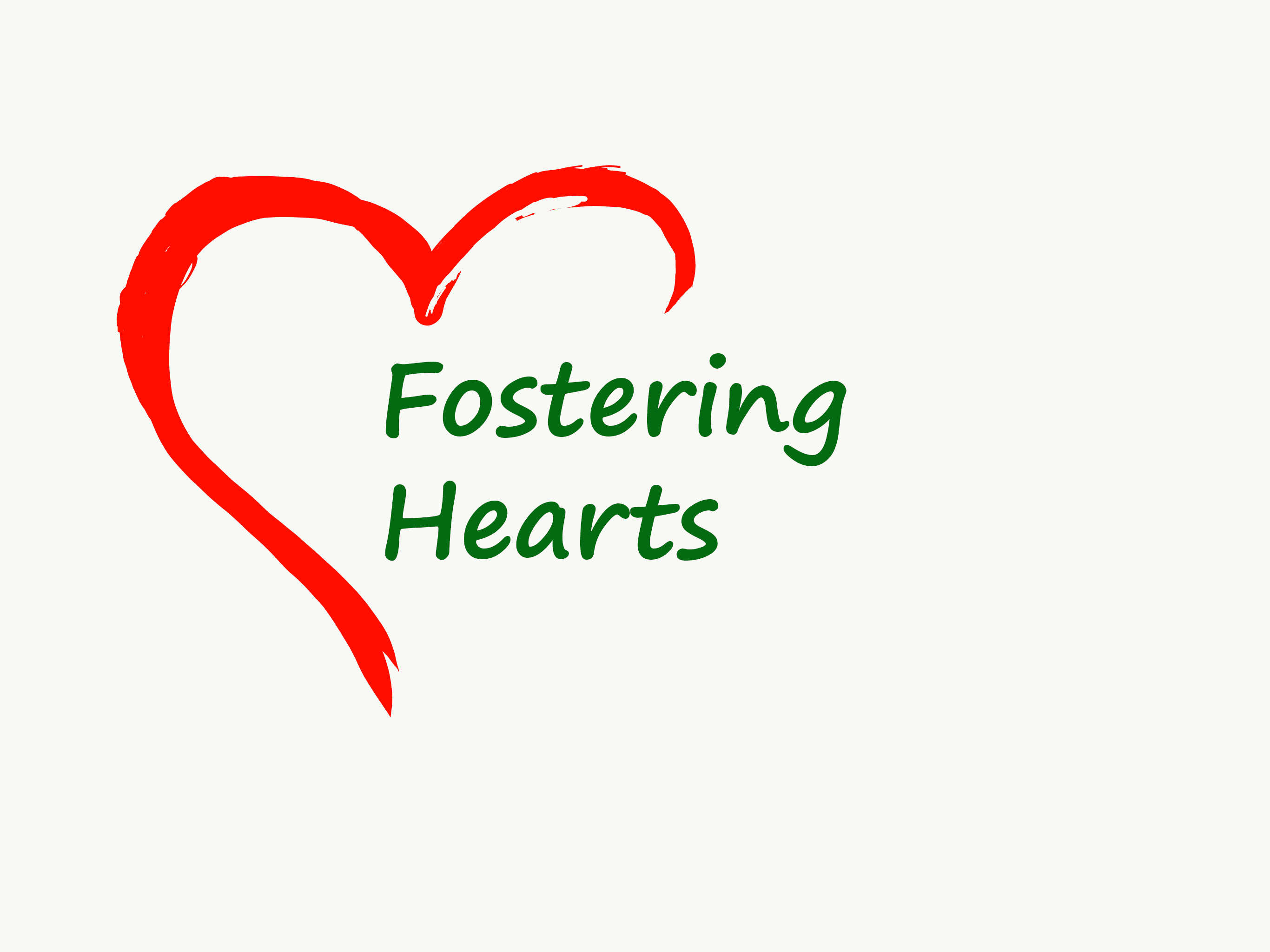Fostering and the foster care system isn’t always that easy to understand, so in this article we hope to introduce you to some of the basics, to give you a starting point.
For many children and young people in the UK, foster care provides a vital lifeline. It offers a safe and stable home for those who are unable to live with their birth families, helping them to overcome challenges and reach their full potential.
How the UK foster care works
Fostering is operated by both local authorities (LAs) and independent fostering agencies (IFAs). Children are placed into foster care when it is deemed that they are unable to live with their birth family. Foster carers provide a temporary home for these children, helping them to develop and grow into confident and resilient individuals. This can be from 1 night, to many many years.
The role of local authorities
Local authorities have a legal responsibility to provide foster care for children in their area. This involves assessing the needs of the child, matching them with a suitable foster carer, and providing ongoing support and supervision to both the child and the foster carer. Local authorities also provide training and support to foster carers, including regular reviews and access to respite care.
The role of independent fostering agencies
IFAs provide a range of foster care services, including the recruitment and assessment of foster carers, helping match children with suitable carers, and providing ongoing support and supervision. Independent fostering agencies are regulated by Ofsted and must meet strict standards to ensure the quality of their services.
The role of foster carers
Foster carers provide a safe and supportive environment for children and young people, helping them to develop and grow into confident and resilient individuals. Foster carers are responsible for the day-to-day care of the child, including providing food, clothing, and a safe and comfortable home. Foster carers also help children to access education, healthcare, and other support services. Carers need to be registered with either an IFA or the LAs fostering service.
The assessment process
Becoming a foster carer involves an assessment process, including background checks, references, and a home study. The assessment process is designed to ensure that foster carers have the necessary skills, experience, and personal qualities to provide high-quality care to children. Foster carers must also undergo regular training and development to ensure they are equipped to provide the best possible care.
The matching process
The matching process involves finding a suitable foster carer for each child. This process takes into account the needs of the child, including their age, gender, culture, and religious beliefs, as well as the skills and experience of the foster carer. The aim of the matching process is to find a foster carer who can provide a safe and stable environment for the child, helping them to overcome their challenges and reach their full potential.
Matching happens in collaboration between the LA, the IFA and the foster carers.
Ongoing support and supervision
Foster carers receive ongoing support and supervision from local authorities or independent fostering agencies. This support includes regular reviews, access to respite care. Foster carers also have access to training and development opportunities, helping them to develop the skills and knowledge they need to provide the best possible care to children.
The foster care review process
The foster care review process is an important part of the system. Foster care reviews provide an opportunity for the child, foster carer, and local authority or independent fostering agency to discuss the progress of the child and to identify any issues that need to be addressed. Foster care reviews are conducted regularly at least once a year, ensuring that the child is receiving the best possible care.
The role of the courts
The courts play an important role in the UK foster care system, making decisions about the care and future of children in foster care. The court can make decisions about a child’s placement, including whether they should be returned to their biological family or remain in foster care. The court’s primary consideration is the welfare of the child and they work closely with local authorities, independent fostering agencies, and foster carers to ensure that the child’s best interests are served.
The benefits of the UK foster care system
The UK foster care system provides a range of benefits for children and young people who are unable to live with their biological family. Firstly, it provides a safe and stable environment where children can thrive and reach their full potential. Secondly, it offers access to education, healthcare, and other support services that may not have been available to them before. Thirdly, it provides children with the opportunity to form positive relationships with adults who can provide them with the support, care, and attention they need.
In conclusion, the UK foster care system plays a vital role in providing a safe and stable environment for children and young people who are unable to live with their biological family. Local authorities, independent fostering agencies, and foster carers all have important roles to play in ensuring that children receive the support, care, and attention they need to thrive. The assessment and matching process, ongoing support and supervision, and foster care reviews all contribute to the quality of care provided to children in foster care. While there are challenges to overcome, the UK foster care system continues to make a positive impact on the lives of many children and young people.




